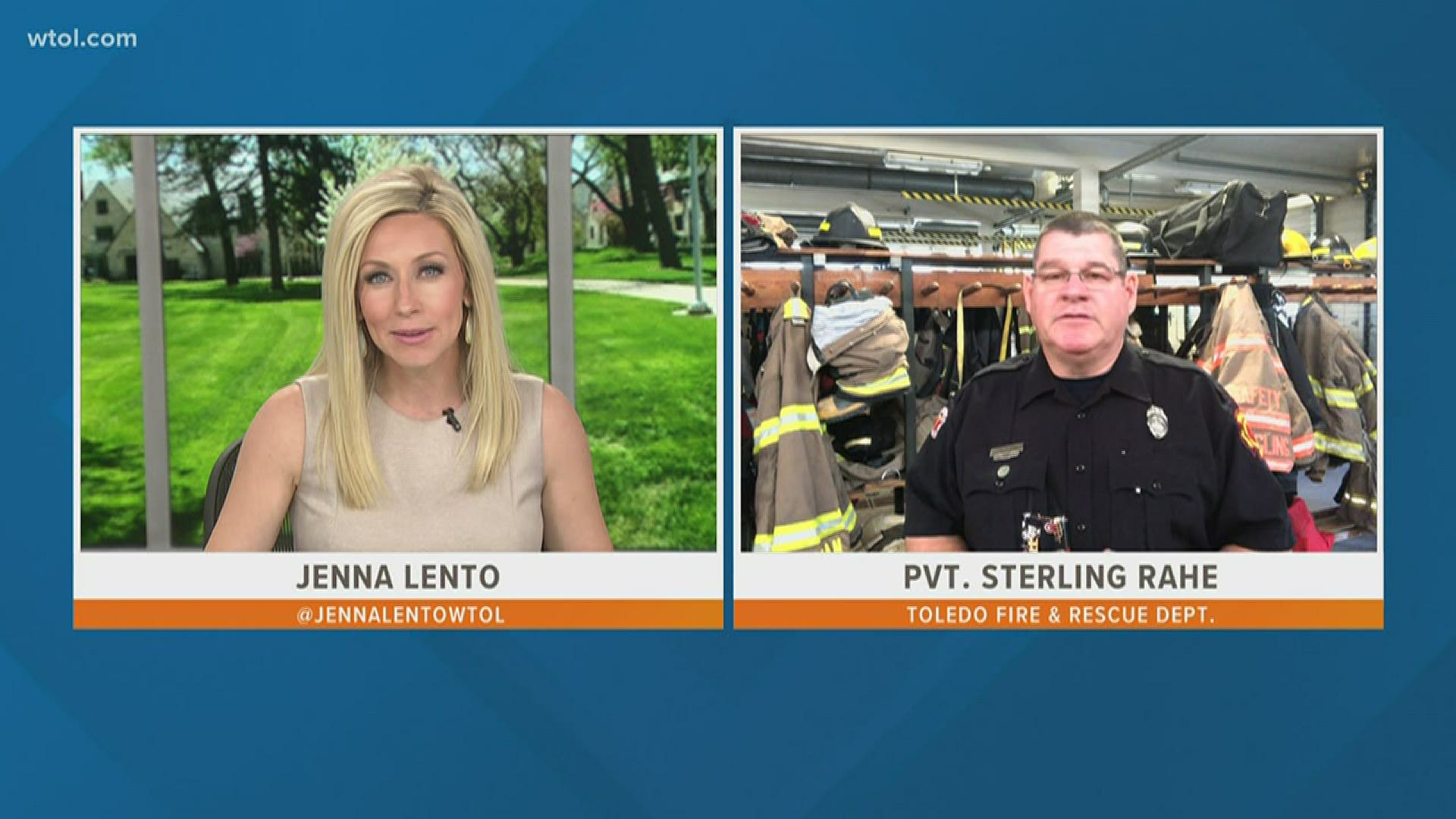TOLEDO, Ohio — As protests across the country are happening and scheduled to take place, following the death of George Floyd in Minneapolis, we compiled a list with some of your rights as a protester.
The first thing to keep in mind is the First Amendment protects your right to "peacefully assemble, and to petition the government for a redress of grievances."
RELATED: 'I am somebody': Toledo African-American community leaders call for justice in George Floyd's death
However, here's what the American Civil Liberties Union says you should know in case you are confronted by a police officer:
- You can protest in public space, such as streets, sidewalks, or parks. If organizers are expecting a big crowd, however, they should contact the municipal government in order to get permission to block traffic.
- You can distribute pamphlets and flyers. You can chant and engage in debate with the public.
- You can photograph and film the police.
- Remember that what you say to the police is important and whatever that might be, it can be used against you and give officers an excuse to arrest you.
- You have to provide your name, address, and date of birth to the police and if you refuse, you can get arrested.
- The Fourth Amendment gives you the right to deny consent to a search of yourself or your belongings.
- Although free speech is protected by the First Amendment, the Constitution does not protect obscene speech. Additionally, you do not have the right to incite violence or threaten others.
- If your actions endanger others during a protest, you can be arrested.
- You can't block a building entrance.
- You can't protest on private property.
- You cannot interfere with police work. Also, refrain from touching or antagonizing officers.
If want more information on your rights as a protester, visit the ACLU website.
RELATED VIDEO:

